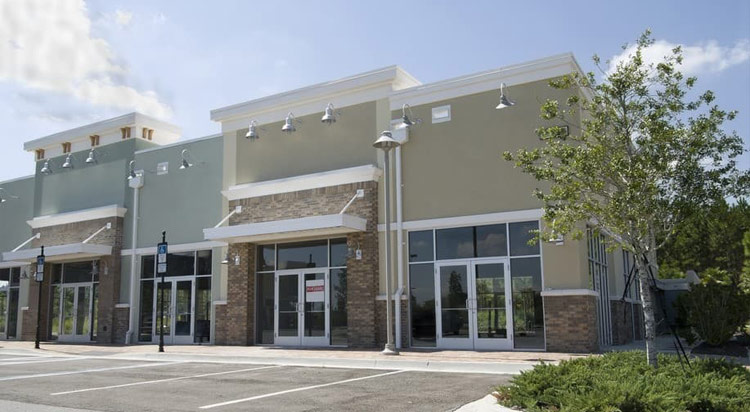
Commercial Lease Agreements
Important Legal Considerations When Leasing Commercial Property in NJ
The Right Tenant for the Right Location
Whether you own commercial property that is offered for lease, or you own a business and are looking to rent space, it is important that the tenant’s business model is appropriately matched to the location. This includes not only negotiating mutually agreeable rent and expenses, but also requires that local ordinances, including zoning, match the proposed use, renovations, and associated requirements, like parking. Competition in a multi-unit commercial location should also be considered. These are just a few examples. Both the landlord and the tenant benefit when the tenant’s business thrives.
Negotiable Terms
While commercial leases typically include standard terms, many terms are frequently negotiated. For example, most commercial leases address maintenance and repairs, however, the delegation of responsibility for these expenses varies. Similarly, lease terms regarding preparing a new unit, guarantees of payment, and the right to renew, vary. Commercial leases should include more provisions than residential leases, many of which directly affect both the landlord’s and tenant’s profits. Leases should be drafted and negotiated by an experienced real estate attorney who is familiar with commercial real estate, business, land use, and permitting.
State Specific Requirements
While residential leases are subject to consumer protection requirements, commercial leases are treated as a contract between two businesses where both landlord and tenant are equally accountable for their agreements. Tenants who pay real estate taxes may have certain rights to appeal assessments. However, these rights might be compromised if a landlord fails to comply with municipal reporting requirements, resulting in a dispute. Similarly, the actions of a tenant may create governmental liability for the property owner, or vice versa. An experienced real estate attorney considers many factors when negotiating the commercial lease.
Remedies Upon Breach
Unfortunately, breakdowns sometimes occur in the landlord and tenant relationship. While these often involve nonpayment by a struggling business, disputes may arise out of noncompliance with any term of the lease agreement or as a result of third-party actions, such as government notices. When disputes arise, the parties must first look to the lease terms for notice and resolution requirements. It is important that an attorney be consulted to advise of remedies upon breach, mitigation of damages, and resolution of the dispute, including potential eviction, litigation, or if possible, a negotiated resolution.
Help Is Available
A commercial lease is a sophisticated business contract which sets forth the long-term rights and remedies of both landlord and tenant. Simple form leases nearly always omit important terms or provide inadequate remedies upon breach. Hiring an attorney with knowledge of business, permitting, and real estate is important when entering into a lease agreement.
Do not rely upon form agreements, borrowed leases, or unwritten promises. The success of your business and investments requires a solid foundation. Even realtors’ standard lease forms contain terms which your attorney will likely revise.
With proper legal representation, you can protect your investments and enter a commercial lease with confidence. It is important that you hire an attorney that gets to know you, your property, and your business.
Attorney Nicole L. Voigt is a knowledgeable business and real estate attorney with experience representing both real estate investors and business owners entering into commercial lease agreements.
